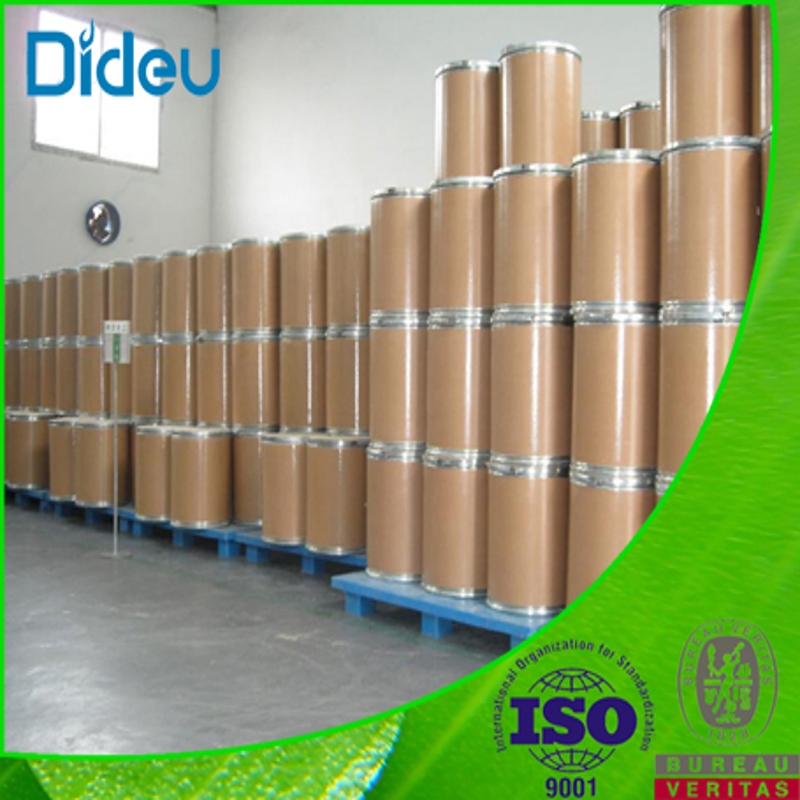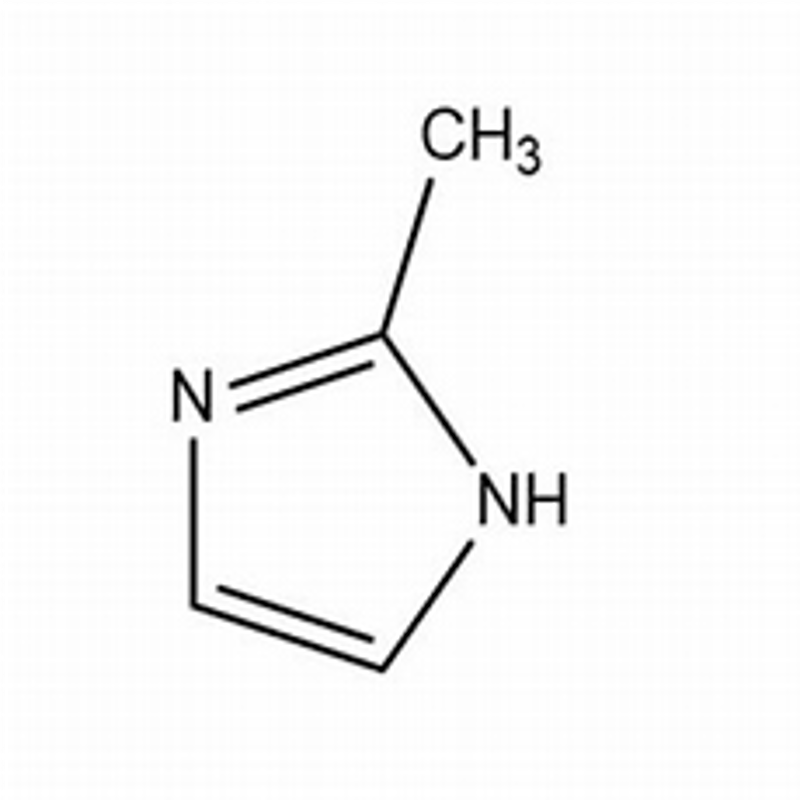-
Categories
-
Pharmaceutical Intermediates
-
Active Pharmaceutical Ingredients
-
Food Additives
- Industrial Coatings
- Agrochemicals
- Dyes and Pigments
- Surfactant
- Flavors and Fragrances
- Chemical Reagents
- Catalyst and Auxiliary
- Natural Products
- Inorganic Chemistry
-
Organic Chemistry
-
Biochemical Engineering
- Analytical Chemistry
-
Cosmetic Ingredient
- Water Treatment Chemical
-
Pharmaceutical Intermediates
Promotion
ECHEMI Mall
Wholesale
Weekly Price
Exhibition
News
-
Trade Service
5-AMINO-2-(METHYLTHIO)PYRIMIDINE-4-CARBOXYLIC ACID, also known as ACP, is an organic chemical compound that has numerous applications in the chemical industry.
ACP is an important starting material for the synthesis of various chemicals and pharmaceuticals, and it can be converted into a range of downstream products through different chemical reactions and processes.
Upstream Products
The upstream products of ACP are the raw materials and intermediates that are used to produce it.
The most common upstream products of ACP are methylthio-pyrimidine and glycine, which are used as raw materials in its manufacturing process.
Methylthio-pyrimidine is produced through the reaction of 2-amino-5-methylthiopent-4-one with chloroacetyl chloride, while glycine is produced through a bacterial fermentation process.
Downstream Products
The downstream products of ACP are the chemicals and pharmaceuticals that are produced using ACP as a starting material.
The downstream products of ACP include several important compounds that are used in the chemical industry, such as pharmaceuticals, agrochemicals, and dyes.
Some of the most common downstream products of ACP include:
- Pharmaceuticals: ACP is used in the synthesis of various pharmaceuticals, such as antibiotics, anti-cancer drugs, and anti-inflammatory drugs.
It can be converted into these drugs through a range of chemical reactions and processes. - Agrochemicals: ACP is used in the production of agrochemicals, such as herbicides and insecticides.
It can be converted into these chemicals through various chemical reactions and processes. - Dyes: ACP is used in the production of various dyes, such as textile dyes and printing inks.
It can be converted into these dyes through a range of chemical reactions and processes. - Other chemicals: ACP can also be converted into other chemicals, such as solvents, plastics, and lubricants, through various chemical reactions and processes.
Manufacturing Process
The manufacturing process of ACP involves several steps, including the production of methylthio-pyrimidine and glycine, the reaction of methylthio-pyrimidine with glycine, and the purification and isolation of ACP.
The production of methylthio-pyrimidine and glycine is carried out in different reactors, while the reaction of methylthio-pyrimidine with glycine is carried out in a reaction vessel.
The purification and isolation of ACP is carried out using various chemical processes, such as crystallization and chromatography.
Chemical Reactions and Processes
ACP can be converted into various downstream products through different chemical reactions and processes.
For example, ACP can be converted into pharmaceuticals, such as antibiotics, through a series of chemical reactions, such as esterification, amination, and condensation.
ACP can also be converted into agrochemicals, such as herbicides, through a range of chemical reactions, such as halogenation and substitution.
Conclusion
5-AMINO-2-(METHYLTHIO)PYRIMIDINE-4-CARBOXYLIC ACID (ACP) is an important organic chemical compound that has numerous applications in the chemical industry.
It is used as a starting material in the synthesis of various chemicals and pharmaceuticals, and it can be converted into a range of downstream products through different chemical reactions and processes.
The upstream products of ACP include methyl







